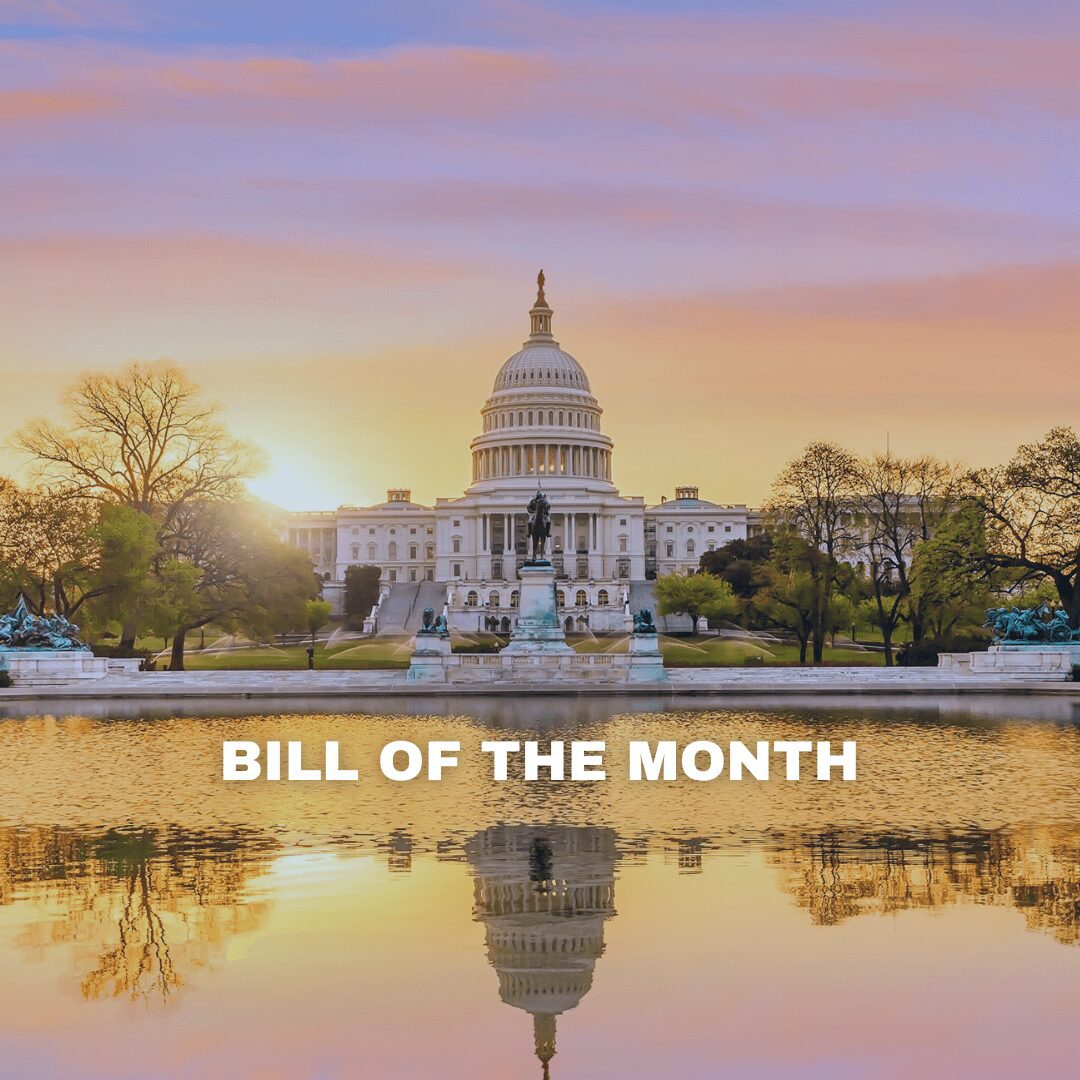
Bill of the Month — September 2023: No Budget, No Pay Act
Michael Mohr-Ramirez
September 28, 2023
The Taxpayers Protection Alliance’s (TPA) Bill of the Month for September 2023 is the No Budget, No Pay Act, introduced by Rep. Wiley Nickel (D-N.C.), with 7 other Democrats. This legislation would prohibit pay for members of Congress if they do not agree to a budget resolution by April 15th of every year, and do not pass each of the 12 appropriations bills by the beginning of the new fiscal year on October 1st.
Background:
The budget process has been mired in a slush of enumerated, implied, and outright assumed powers, such as impoundment authority and line-item veto power in the late 20th century. Prior to 1974, U.S. presidents from Thomas Jefferson to Richard Nixon practiced impoundment, where if a president desired to spend less money than appropriated by Congress, they may prevent those funds from being obligated or spent. In response to the sense that President Nixon was abusing this long-standing authority, Congress passed the Congressional Budget and Impoundment Control Act of 1974 (P.L. 93-344). Under pressure from the Watergate Scandal, Nixon signed it into law on July 12, 1974.
While the law essentially repealed the President’s ability to impound funds, its budget provisions are critical to the current process. The House and Senate Budget Committees, the Congressional Budget Office (CBO) and annual requirements for a budget resolution all originated from this reclamation of the power of the purse by Congress. It also moved the beginning of the fiscal year from July 1st to October 1st to provide Congress with more time to pass its appropriations bills.
Unfortunately for taxpayers, the institution has since shown itself to be the poorest of stewards.
The looming potential for a government shutdown is now just a few days away. From fiscal years (FY) 1977-2023, Congress has passed all the regular appropriations bills on or before October 1st only four times (1977, 1989, 1995, and 1997). In that time Congress has used continuing resolutions (CR) – a budget tool to extend funding levels for the previous fiscal year for a determined period – 200 times, with 131 enacted between FY1998 and FY2023 alone.
The annual budget resolution is an important tool which guides topline spending numbers and budget policy. It sets the topline discretionary spending numbers for the full appropriations committee (302(a) allocations), which are then divided by subcommittee into 302(b) allocations. From 1974 to 2023, Congress passed a budget resolution in 37 of 49 fiscal years. While on the surface this seems positive, it has rarely come before the April 15th deadline set by P.L. 93-344, defeating its purpose almost entirely. In 2011, when Congress passed the Budget Control Act (P.L. 112-25) in response to the fiscal cliff, it enacted discretionary spending caps for FY2012-2021. Congress allowed the caps to expire in 2021 with no replacement. The existence of budget resolutions prevents the institution from spending beyond its means. Without it, the appropriations committee lacks proper guidance.
No Budget, No Pay Act:
Article 1 of the U.S. Constitution affords the legislature many powers, but arguably none more influential than the power of the purse. While the nation faces many great challenges, members of Congress across generations have routinely abdicated their duty to address the budget and advance responsible appropriations measures, if they even pass them at all.
The salary for Member of Congress since 2009 is $174,000, compared to the average American’s salary of $59,428. When combined, the 535 congressional salaries account for $93 million per year. Like members of Congress, the average working American also has job responsibilities, and when they do not fulfill them, they can be fired or let go.
The No Budget, No Pay Act is more than just an enforcement mechanism for budgetary process sanity in Congress. It forces those who serve in the institution to bear the same pains as their constituents when job responsibilities are not fulfilled.
It is for these reasons, among others, that TPA is proud to make the No Budget No Pay Act, introduced by Rep. Wiley Nickel (D-N.C.), its Bill of the Month for September 2023.
